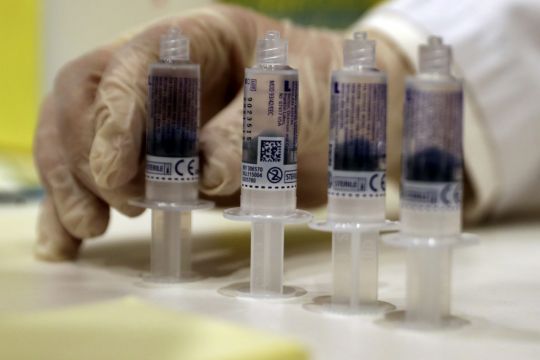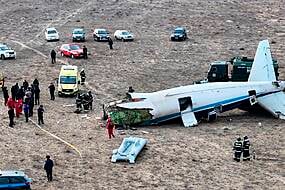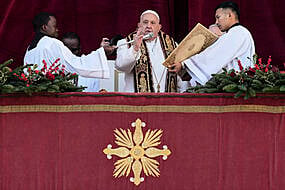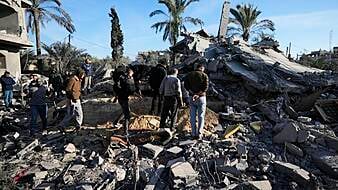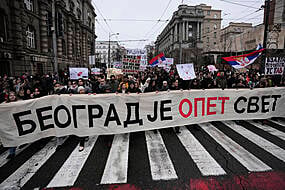Lebanon has administered its first jabs of a Covid-19 vaccine.
An intensive care unit physician and a well-known 93-year-old comedian became the first to receive Pfizer-BioNTech doses of the vaccine.
Lebanon launched its inoculation campaign a day after receiving a first batch of the vaccine – 28,500 doses from Brussels, near where Pfizer has a manufacturing facility. More were expected to arrive in the coming weeks.
The rollout will be monitored by the World Bank and the International Federation of the Red Cross and Red Crescent Societies to ensure safe handling and fair and equitable access for all Lebanese.

Lebanon’s political, economic and health crises have converged, deepening the country’s troubles and public anger and mistrust of the long-serving ruling class. The government failed to offer social safety nets or structural reform to secure international assistance.
Lebanon has had a caretaker government since last summer after Prime Minister Hassan Diab resigned. He quit following a massive explosion in the capital’s port in August that killed more than 200 people and injured thousands, testing the struggling healthcare sector and plunging the country deeper into crisis.
Since the explosion, rival political groups have been unable to agree on a new government and reforms demanded by the international community to offer assistance. Pandemic restrictions only worsened the economic crisis.
International organisations and allied countries have extended only humanitarian assistance to deal with the port explosion and the worsening pandemic.
The World Bank offered a 34 million dollar loan to help pay for Pfizer-BioNTech vaccines for Lebanon that will inoculate more than two million people. Nearly three million other vaccine doses are expected to be secured through the UN-backed Covax programme. Both are free of charge.
The private sector has been negotiating separately for more vaccines.

Lebanon is in the midst of a surge in coronavirus cases. It has registered about 337,000 cases with 3,961 deaths since its first confirmed case last February.
The country of more than six million, including one million refugees, at first managed to contain the virus. But since the August explosion, it has witnessed a surge that only worsened during the festive season. That is when the government, seeking to boost the economy, eased restrictions in place for months as nearly 80,000 expats arrived in Lebanon.
After record deaths and infections, Lebanon imposed its strictest lockdown yet in early January, with 24-hour curfews and only basic services operating. The lockdown is now slowly easing.
But reflecting a sceptical public, only 450,000 people have registered to be vaccinated, according to the health minister Hamad Hassan.
There were scenes of overcrowding in some of the hospitals administering the early doses of the vaccine as media and officials attended.
World Bank regional director Saroj Kumar Jha said on Sunday that Red Cross and Red Crescent teams are monitoring procedures for violations and urged Lebanese to follow the rules.
The head of the ICU at the country’s lead hospital in fighting the virus, Dr Mahmoud Hassoun, was the first to receive the vaccine. After his inoculation, he urged Lebanese to sign up to get the vaccine to ensure community immunity.
Salah Tizani, a famous actor in Lebanon who goes by the name Abu Salim, was the first among the public aged 75 and above to get vaccinated.
